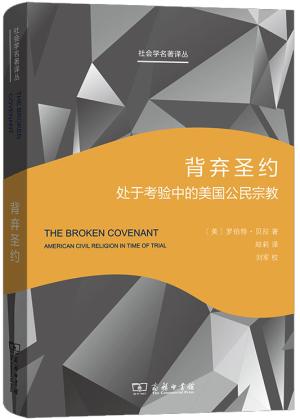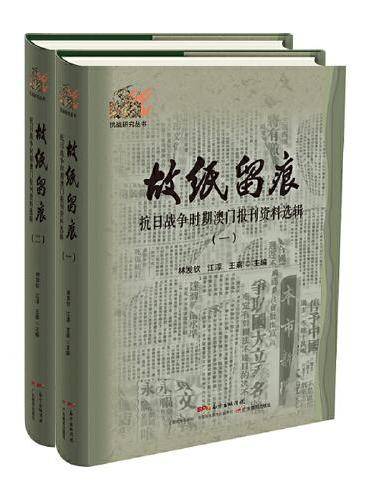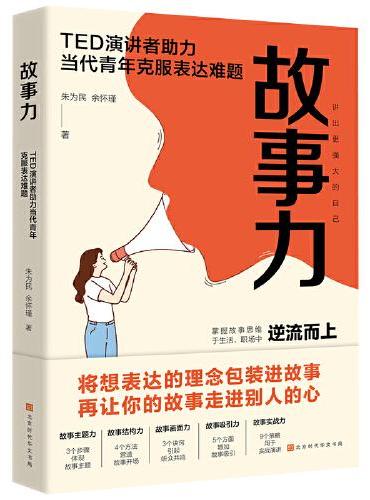第二章 培养雅思学术类阅读核心备考能力
第一节 雅思学术类阅读核心备考能力简介
了解了上述雅思阅读试题形式,考生还应意识到隐藏于试题背后的雅思阅读考试的最终目的,即检测考生在规定的时间内,通过阅读获得最有用的相关信息的能力,使之满足国外学习生活的需要。这种阅读能力可以划分为若干宏观和微观阅读能力。
一、_宏观阅读能力
1. 基于文章标题推测文章内容及结构的能力
2. 基于段落内容及结构掌握段落主旨的能力
二、_微观阅读能力
1. 理解复杂句子(结构与句意)的能力
2. 有效猜测并理解重要词汇(形态与词义)的能力
逆向定位阅读法旨在培养学生掌握上述能力。该方法强调定位的关键作用,在雅思考场分秒必争的环境中,考生通过对文章以及题目中有效信息的加工,逆向捕捉出题人强调的语意重点,以达到快速准确解题的目的。速度与精度无疑是通往阅读考试高分的必要途径。逆向定位阅读法帮助学生快速定位出题人的语意重心,把阅读范围从全篇缩小到局部段落,再到某个句子,甚至具体到某词语,因为缩小了阅读范围,速度自然会加快。同时,对照题目的要求对语意重心进行深加工,自然会得出正确的答案。正所谓“书读百遍,其义自见”。
第二节 宏观阅读能力的培养
一、基于文章标题推测文章内容及结构的能力
文章的标题往往是文章内容最精炼的表述。大多数的雅思阅读文章都含有自己的标题,考生应关注这些标题,并利用标题对文章内容及结构进行有效的推测。有了对全篇内容的宏观把握,就好比阅读报纸时已经了解了各个板块的内容一样,做题时带着题目中的关键词,只需阅读相应的部分而不必通读全文,自然赢得了更多的阅读时间。除了为数不多的议论文外,绝大多数的雅思文章都是说明文。文章标题首先帮助考生概括出文章说明的主题。雅思阅读文章的主题大致可以分为五类:历史发展类、科学实验类、科技创新类、社会现象类以及自然科学类。基于这些主题,学术性文章的结构都有章可循。
(一)议论文举例
例文1(C8T3R2)〇1
The Nature of Genius
A There has always been an interest in geniuses and prodigies. The word “genius”, from the Latin gens =family and the term “genius”, meaning “begetter”, comes from the early Roman cult of a divinity as the head of the family. In its earliest form, genius was concerned with the ability of the head of the family, the Paterfamilias, to perpetuate himself. Gradually, genius came to represent a person’s characteristics and thence an individual’s highest attributes derived from his “genius” or guiding spirit. Today, people still look to stars or genes, astrology or genetics, in the hope of finding the source of exceptional abilities or personal characteristics.
B The concept of genius and of gifts has become part of our folk culture, and attitudes are ambivalent towards them. We envy the gifted and mistrust them. In the mythology of giftedness, it is popularly believed that if people are talented in one area, they must be defective in another, that intellectuals are impractical, that prodigies burn too brightly too soon and burn out, that gifted people are eccentric, that they are physical weaklings, that there’s a thin line between genius and madness, that genius runs in families, that the gifted are so clever they don’t need special help, that giftedness is the same as having a high IQ, that some races are more intelligent or that adversity makes men wise or that people with gifts have a responsibility to use them. Language has been enriched with such terms as “highbrow”, “egghead”, “blue-stocking”, “wiseacre”, “know-all”, “boffin” and, for many, “intellectual” is a term of denigration.
C The nineteenth century saw considerable interest in the nature of genius, and produced not a few studies of famous prodigies. Perhaps for us today, two of the most significant aspects of most of these studies of genius are the frequency with which early encouragement and teaching by parents and tutors had beneficial effects on the intellectual, artistic or musical development of the children but caused great difficulties of adjustment later in their lives, and the frequency with which abilities went unrecognised by teachers and schools. However, the difficulty with the evidence produced by these studies, fascinating as they are in collecting together anecdotes and apparent similarities and exceptions, is that they are not what we would today call norm-referenced. In other words, when, for instance, information is collated about early illnesses, methods of upbringing, schooling, etc., we must also take into account information from other historical sources about how common or exceptional these were at the time. For instance, infant mortality was high and life expectancy much shorter than today, home tutoring was common in the families of the nobility and wealthy, bullying and corporal punishment were common at the best independent schools and, for the most part, the cases studied were members of the privileged classes. It was only with the growth of paediatrics and psychology in the twentieth century that studies could be carried out on a more objective, if still not always very scientific, basis.
D Geniuses, however they are defined, are but the peaks which stand out through the mist of history and are visible to the particular observer from his or her particular vantage point. Change the observers and the vantage points, clear away some of the mist, and a different lot of peaks appear. Genius is a term we apply to those whom we recognise for their outstanding achievements and who stand near the end of the continuum of human abilities which reaches back through the mundane and mediocre to the incapable. There is still much truth in Dr Samuel Johnson’s observation, “The true genius is a mind of large general powers, accidentally determined to some particular direction”. We may disagree with the “general”, for we doubt if all musicians of genius could have become scientists of genius or vice versa, but there is no doubting the accidental determination which nurtured or triggered their gifts into those channels into which they have poured their powers so successfully. Along the continuum of abilities are hundreds of thousands of gifted men and women, boys and girls.
E What we appreciate, enjoy or marvel at in the works of genius or the achievements of prodigies are the manifestations of skills or abilities which are similar to, but so much superior to, our own. But that their minds are not different from our own is demonstrated by the fact that the hard-won discoveries of scientists like Kepler or Einstein become the commonplace knowledge of schoolchildren and the once outrageous shapes and colours of an artist like Paul Klee so soon appear on the fabrics we wear. This does not minimise the supremacy of their achievements, which outstrip our own as the sub-four-minute milers outstrip our jogging.
F To think of geniuses and the gifted as having uniquely different brains is only reasonable if we accept that each human brain is uniquely different. The purpose of instruction is to make us even more different from one another, and in the process of being educated we can learn from the achievements of those more gifted than ourselves. But before we try to emulate geniuses or encourage our children to do so we should note that some of the things we learn from them may prove unpalatable. We may envy their achievements and fame, but we should also recognise the price they may have paid in terms of perseverance, single-mindedness, dedication, restrictions on their personal lives, the demands upon their energies and time, and how often they had to display great courage to preserve their integrity or to make their way to the top.
G Genius and giftedness are relative descriptive terms of no real substance. We may, at best, give them some precision by defining them and placing them in a context but, whatever we do, we should never delude ourselves into believing that gifted children or geniuses are different from the rest of humanity, save in the degree to which they have developed the performance of their abilities.
天才的本质
雅思阅读文章中议论文的数量是很少的。学生应首先明确议论文与说明文的本质区别。说明文旨在解释说明,而议论文则在于说服读者。从标题来看,这篇文章貌似一篇关于天才是什么的说明文,仔细琢磨便会明白作者是要把自己对于天才的独特见解呈现给读者,因此才会加上“ 本质” 二字。有了这样的分析,再加上扫读题目中的关键词,便可推断全文的走向。作者在揭示自己的独特见解之前一定会阐述一般意义上的天才的概念、大多数人对于天才的看法,以及这种认识欠缺在哪里。然后作者给出自身的观点,并总结应该如何看待天才。
可推测的大体结构
对于天才的一般定义及大众观点
大众观点的弊端
作者对于天才的观点
文章结构
A 段:“天才”一词的含义及起源
B 段:大众对于天才的理解
C 段:19 世纪关于天才的研究及其不足之处
D 段:作者眼中的天才是什么
E 段:天才出于常人又有别于常人
F 段:天才背后的代价
G 段:应该如何看待天才
|









